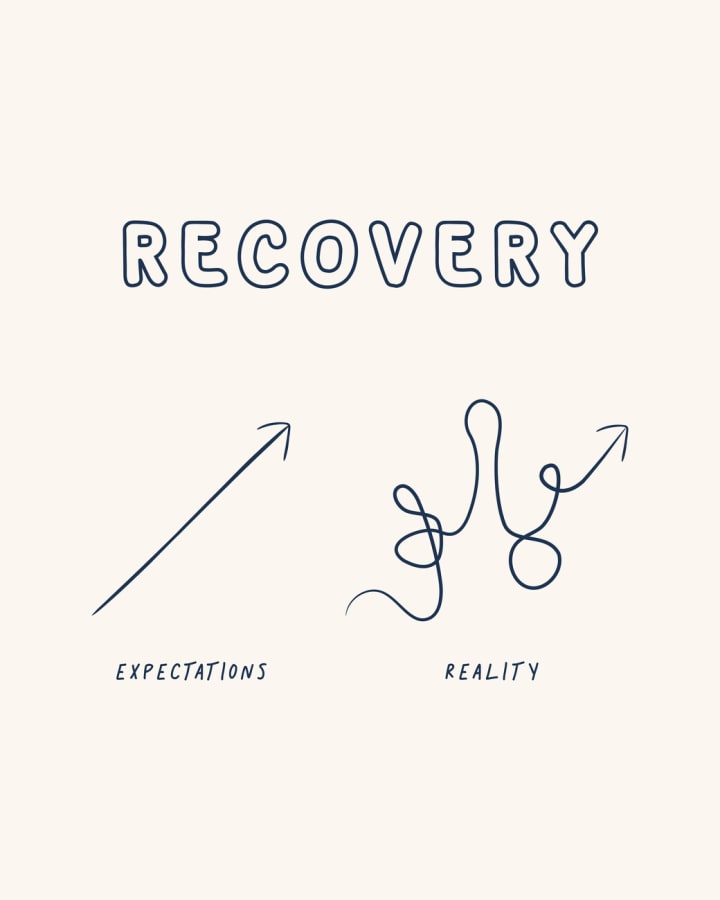
Living with a loved one who is struggling with addiction can be a deeply challenging and emotional experience. It often requires a delicate balance of empathy, boundaries, and self-care to navigate the complexities of the situation. Here are some key points to consider when living with someone who is addicted:
1. **Educate Yourself**: Understanding addiction and its impact on the individual can provide valuable insight into their behavior and help you approach the situation with empathy.
2. **Set Boundaries**: Establishing clear boundaries is essential for your own well-being. This may involve communicating your needs, setting limits on enabling behaviors, and seeking support from others.
3. **Encourage Communication**: Open and honest communication is crucial in addressing the challenges of addiction. Encourage your loved one to talk about their struggles and emotions, and be willing to listen without judgment.
4. **Seek Support**: Living with someone who is addicted can take a toll on your mental and emotional health. Reach out to a therapist, support group, or trusted friends and family members for guidance and encouragement.
5. **Practice Self-Care**: Nurturing your own well-being is vital when supporting someone with addiction. Make time for activities that bring you joy, prioritize self-care practices, and set boundaries to protect your mental and emotional health.
6. **Encourage Treatment**: While you cannot force someone to seek help, you can gently encourage them to consider professional treatment options. Offer your support and assistance in finding resources for addiction recovery.
7. **Stay Hopeful**: Recovery is a challenging journey, but it is possible. Stay optimistic and supportive of your loved one's efforts to seek help and make positive changes in their life.
Remember, living with someone who is addicted is a complex and stressful experience, but with patience, understanding, and the right support system in place, you can navigate this challenging time with resilience and compassion.
Having a conversation with someone who is resistant to seeking help for their addiction can be challenging, but it's important to approach the situation with care and empathy. Here are some suggestions on what to say to someone who is reluctant to get clean:
1. **Express Concern**: Start by expressing your genuine concern for their well-being. Let them know that you care about them and are worried about the impact of their addiction on their health and life.
2. **Listen Without Judgment**: Create a safe and non-judgmental space for them to express their feelings and thoughts. Listen actively to understand their perspective and validate their experiences.
3. **Offer Support**: Reassure them that they are not alone in their struggles and that you are there to support them, whether they choose to seek help or not. Let them know that you are available to help them explore treatment options when they are ready.
4. **Highlight the Positives of Recovery**: Share information about the benefits of getting clean and seeking help for addiction. Emphasize the positive changes that can come from recovery, such as improved health, relationships, and overall well-being.
5. **Respect Their Autonomy**: While it can be challenging, it's important to respect their autonomy and decision-making process. Avoid being confrontational or attempting to force them into treatment, as this may create resistance.
6. **Offer Resources**: Provide information about available resources for addiction treatment, such as support groups, therapy, or rehabilitation centers. Let them know that help is available whenever they are ready to take that step.
7. **Reinforce Your Support**: Remind them that you are there for them, no matter what. Let them know that they are valued and that you believe in their ability to overcome their addiction when they are ready.
Ultimately, the decision to seek help and get clean is a personal one, and it may take time for someone to reach that point. By approaching the conversation with empathy, understanding, and patience, you can create a supportive environment that encourages them to consider their options for recovery.

About the Creator
Rissa
Hi, Sharissa, a 36-year-old mom of three, enjoys cooking, reading crime stories, and exploring health and psychology. Passionate, dedicated, and always seeking to learn and grow.
Enjoyed the story? Support the Creator.
Subscribe for free to receive all their stories in your feed. You could also pledge your support or give them a one-off tip, letting them know you appreciate their work.






Comments (2)
Good article. Very true that one who suffers from an addiction must be the first one to take that first step in asking and being able to say honestly "I need help. I have a problem and I cannot do it alone
Hmmm. Can be true.